Chihuahuas are so small, it’s easy for them to get overweight. This is especially true if you like to indulge them when they beg – it doesn’t take too many human treats to make a Chihuahua overweight. In addition, since so many of us tend to carry them around – in our arms or in bags – our Chihuahuas are not always getting the exercise that they should. But being overweight is not good for your Chihuahua. It can lead to all kinds of health issues and even shorten his lifespan. Because of this, it’s important to recognize when yours has packed on a few extra pounds, so you can adjust your lifestyle or get him checked out by a vet as soon as possible. The following are 3 signs your Chihuahua is overweight.
How Much Should Chihuahua Weigh?
3 to 6 pounds

#1 – Can’t Feel Ribs
You should be able to feel your Chihuahua’s ribs when you run your hand over their middle. If you can’t, you need to up your Chihuahuas exercise and cut down on those extra treats. Remember, treats should only be 10% of their diet and for a dog as small as a Chi, that’s not very much!
#2 – No Definition
Chihuahuas should have a definition to their body. This includes a chest and rib cage, which should be round and stick out a bit. Then, their body should slim down to a waist where his hips are. If your Chihuahua doesn’t have a waist, he is carrying around a couple extra pounds. Dr. Sophia Yin’s website has a great, easy to follow guide for checking your dog’s definition.
#3 – Hard Time Grooming Herself
Have you noticed that your Chihuahua is having a hard time licking or scratching herself? Being overly round can make it impossible for a dog to reach spots they should physically be able to for cleaning and itching. If you’ve noticed your Chihuahua having trouble, it’s time for a diet.
Frequently Ask Questions:
Chihuahuas are highly likable and portable pets prone toward obesity because of their miniature size. Often people find their weight amusing despite the ill effects excessive weight can have on these canines. Well, it is time to learn about how weight can affect your beloved pet. Here are answers to your biggest questions about obesity in Chihuahuas.
Are Chihuahuas Prone To Obesity?
Due to their petite size, chihuahuas can easily put on weight. They are more than willing to take treat after treat and indulge in too many goodies until they are overweight. Furthermore, carrying them around and not letting them move on their own could hasten weight gain.
For these and other reasons, chihuahuas are prone to plump figures. Dogs can gain weight for various reasons, such as overeating, inactivity, illness, genetics, reproductive status, age, medication, and other factors. Sadly, a single dog could be dealing with multiple of these issues at once.
How Do I Get My Overweight Chihuahua To Lose Weight?
When it comes to helping an overweight pup lose weight, you will need to change several aspects of their life to achieve their goal weight. The good news is dogs lose weight easily once you make a few changes. Start by reducing calories and giving them more exercise to burn off excessive calories.
Next, focus on what you are feeding your dog, such as the amount of food, as the amount they need may be much less than you think. A healthy dog with an appropriate weight lives longer and happier, which shows how much you love them. Do not forget to train the others in your home to give less food to your pet too.
Treats should be taken from the daily ration, not added. You will also need to stop feeding your dog from the table to ensure they get the nutrition they need from dog food. Although, pets can usually add a few veggies. Additionally, never allow free feeding, instead put out their allotted amount of food and remove it after half an hour.
Avoid dog food with rice and grains as fillers, as their little tummies are not designed to handle carbs. Instead, fresh food with protein, hydration, and fiber will satisfy your dog’s appetite. Also, wet dog food includes more liquid making it easier for their tummies to digest.
Finally, try rewarding your dog without food. Show them more attention, rub their bellies, and play with them to strengthen your friendship without treats. Increase your dog’s exercise. Gradually increase a 15-minute stroll to 20 minutes.
How Much Is Overweight For A Chihuahua?
You probably have a fat Chihuahua if you cannot see or even feel his ribs and spine. They will have a large, rounded belly that may be lower to the ground than usual. Although they should have a visible waist and a chest that is wider than their abdomen, obese dogs frequently fail to distinguish between the two.
However, weighing your dog is the quickest method to find out if they are overweight. Depending on the size of its frame, a healthy Chihuahua weighs anywhere from 3 to 7 pounds. If your dog weighs more than 7 pounds, he is probably obese. When talking about such small sizes, even a few ounces can add significantly to their frame and health.
How Long Do Obese Chihuahuas Live?
With an average life expectancy of between 14 and 18 years, these little dogs are renowned for their lengthy lifespans! That is significantly longer than the 10 to 13-year average for all dog breeds. Furthermore, Chihuahuas frequently survive long past this eighteen-year threshold, with some reportedly living into their early 20s.
The manner that these dogs are bred by humans throughout the years may be a factor, according to experts. This has led to a dog that grows very slowly, warding off illnesses and issues connected to aging. Whatever the cause, if you take care of your closest buddy, you can be sure they will stick around for a while so long as you keep them healthy and watch their weight.
Is 12 Pounds Heavy For A Chihuahua?
Your dog is severely overweight at 12 pounds, as over 7 pounds is excessive. There are rumors that these little canines can weigh up to 15 pounds. The recommended weight range for chihuahuas is 3 to 6 pounds, with 7 pounds being the maximum. Obviously, every dog is unique and depends on their build which is why you should talk to your veterinarian.
How Much Food Should A Chihuahua Eat?
Chihuahuas are advised to consume only 1 to 1 and a half cups of food every day. Given the small serving size, the right nutrients must be included. Many doggie websites will attempt to persuade you to choose one over the other, but you should exercise caution because some of them are being paid to promote a specific brand and may make outrageous claims.
The most important thing to remember is that whatever food you feed your dog should be of good quality and given in amounts appropriate for his size, age, and activity level. You can usually find instructions on how much to feed your dog on the package of most dog foods, or you can ask your veterinarian for more information.
What Is The Ideal Weight For A Chihuahua?
Your chihuahua should not weigh more than seven pounds; any other amount can make them overweight. However, most chihuahuas should not weigh more than 6 pounds. Therefore, the only way to know if your pup is overweight is to weigh them.
Is 10 Pounds Overweight For A Chihuahua?
Yes, chihuahuas that weigh over seven pounds are considered obese. At ten pounds, a chihuahua is considered extremely obese and prone to far more health conditions.
Why Is My Chihuahua Gaining Weight?
Chihuahuas put on weight as a result of a few things that we typically take for granted. Some common causes of obesity in fat Chihuahuas include:
Overfeeding – What we consider a moderate dinner may be too much for these tiny dogs. In addition, Chihuahuas need fewer calories per day than other dog breeds because they are a smaller breed. As a result, overfeeding will undoubtedly have a significant impact on their size and weight.
Eating Table Scraps – If precautions are not taken, feeding your chihuahuas from the table might be detrimental to their health. This is because a chihuahua simply cannot regularly consume the large levels of calories, fat, and sodium found in human meals.
Inadequate Exercise – The fact that chihuahuas do not get enough exercise is another common cause of their weight gain. Even if you give them the correct amount of food, they may still gain weight if they do not exercise. A typical Chihuahua should go for one to two daily walks. Additionally, make sure to carry your dog’s less. This will stop it from becoming too at ease and lethargic when exercising.
Keeping the Same Diet as They Age – Keeping the same diet as you gave a chihuahua puppy, as you give a senior, can cause excessive weight gain. As they age, chihuahuas require dietary adjustments. Make sure to reduce their daily caloric intake by 10 to 60 calories while still encouraging them to live an active lifestyle by engaging in regular exercise.
Healthy Post-Workout Snacks – It might be time to switch out the normal snacks you give your chihuahua for a healthier option. It is important to pay special attention to the calories you are giving them in treats every day since you already pay attention to the food you provide them. Choose turkey bacon or chicken breast treats as they have less sugar and more protein.
Overweight Breed Informational Pages
- Is My Bulldog Overweight Or Obese?
- Is My Chihuahua Overweight Or Obese?
- Is My Corgi Overweight Or Obese?
- Is My Dachshund Overweight Or Obese?
- Is My Doberman Overweight Or Obese?
- Is My German Shepherd Overweight Or Obese?
- Is My King Charles Spaniel Overweight Or Obese?
- Is My Lab Overweight Or Obese?
- Is My Maltese Overweight Or Obese?
- Is My Pit Bull Overweight Or Obese?
- Is My Pomeranian Overweight Or Obese?
- Is My Rottweiler Overweight Or Obese?
- Is My Shih Tzu Overweight Or Obese?
- Best Joint Supplement for Dogs
- Best CBD Gummies for Dogs
- Goat's Milk for Dogs
- Skin & Coat Supplements for Dogs
- Weight Gain Supplements for Dogs
- Muscle Building Supplements for Dogs
- Heart Supplements for Dogs
- Multivitamins for Dogs
- Pill Pockets for Dogs
- Digestive Enzymes for Dogs
- Turmeric for Dogs
- Liver Supplements for Dogs
- Tear Stain Supplement for Dogs
- Breath Fresheners for Dogs
- Kidney, Urinary, & Bladder Supplements for Dogs
- Stool Eating Deterrent for Dogs
- Eye Supplements for Dogs
- Melatonin for Dogs
- Apple Cider Vinegar for Dogs
- Green Lipped Mussels for Dogs
- L Theanine for Dogs
- Chondroitin Supplements for Dogs
- MSM for Dogs
- Valerian Root for Dogs
- Chamomile for Dogs
- Boswellia for Dogs
- L Tryptophan for Dogs
- Yucca for Dogs
- Licorice Root for Dogs
- Bromelain for Dogs
- Papain for Dogs
- Devil's Claw for Dogs
- Quercetin for Dogs
- Hemp gummy for dogs
- Best Hemp Dog Treats
- Best Hemp Oil for Dogs
- Best Calming Treats, Chews, & Supplements for Dogs
- Best Bone Broth for Dogs
- Best Fish Oil for Dogs
- Best Probiotics for Dogs
- Best Hip Dysplasia Supplements for Dogs
- Best Colostrum for Dogs
- Best Quercetin for Dogs
- Best Greens for Dogs Supplements
- Best Vitamin C Supplements for Dogs
- Best Probiotic for Dog with Allergies
- Best Taurine Supplements for Dogs
- Best Dog Food Toppers
- Best Anal Gland Supplement for Dogs
- Best Dog Probiotic Powder
- Best CoQ10 Supplement for Dogs
- Best Liquid Glucosamine for Dogs
- Best Wrinkle Creams, Balms, and Wipes for Dogs
- Best Puppy Calming Treats
- Best Colloidal Silver for Dogs
- Best Adaptogen Supplements for Dogs
- Best Cognitive Supplements for Dogs
- Best Bee Pollen for Dogs
- Best Vitamin A Supplements for Dogs
- Best Vitamin E Supplements for
- Best Liquid Glucosamine Supplements for Dogs
- Best SAM-e Supplements for Dogs
- Best Hyaluronic Acid Supplements for Dogs
- Best Apple Cider Vinegar Supplements for Dogs
- Best Diarrhea Medicine for Dogs
- Best Milk Thistle for Dogs
- Best Turkey Tail Mushroom Supplements for Dogs
- Best Astaxanthin Supplements for Dogs
- Best Lutein Supplements for Dogs
- Best Electrolyte Supplements for Dogs
- Best Coconut Oil for Dogs
- Best Prenatal Vitamins for Dogs
- Best Puppy Milk Replacements
- Best Iron Supplements for Dogs
- Best Dewormer Products for Dogs
- Best Mange Medications for Dogs
- Best Cough Relief Products for Dogs
- Best Sinus Relief Products for Dogs
- Best Collapsed Trachea Supplements for Dogs
- Best Fireworks Anxiety Relief Products for Dogs
- Best Thunderstorm Anxiety Relief Products for Dogs
- Best Travel Anxiety Relief Product for Dogs
- Best Supplements for a Dog with a Torn ACL
- Best Supplements for a Dog with Patellar Luxation
- Best Supplements for a Dog with Intervertebral Disc Disease
- Best Zinc Supplements for Dogs
- Best Biotin Supplements for Dogs
- Best Tart Cherry Supplements for Dogs
- Best Resveratrol Supplements for Dogs
- Best Ginkgo Biloba Supplements for Dogs
- Best Ashwagandha Supplements for Dogs
- Best Supplements for Dogs with Cushing's Disease
- Best Adrenal Supplements for Dogs
- Best NAD+ Supplements for Dogs
- Best NMN Supplements for Dogs
- Best Supplements for Dogs with Dementia
- Best Supplements for Dogs with CCD(Canine Cognitive Dysfunction)
- Best Fiber Supplements for Dogs
- Best Spirulina for Dogs
- Best Hairball Remedies for Dogs
- Best Eye Drops for Dogs with Allergies
- Best Magnesium Supplements for Dogs
- Best Brushes for Double-Coated Dogs
- Best Dandelion Root Supplements for Dogs
- Best Probiotic for Dogs with Yeast Infections
- Best Flaxseed Oil for Dogs
- Best Chamomile Supplements for Dogs
- Best Lavender Supplements. Treats & Sprays for Dogs
- Best Collagen Supplements for Dogs
- Best Kelp Supplements for Dogs
- Best Activated Charcoal for Dogs
- Best Slippery Elm Supplements for Dogs
- Best Supplements for Dogs with Seizures & Epilepsy
- Best Antioxidant Supplements for Dogs
- Best Ubiquinol Supplements for Dogs
- Best Hormone & Glandular Supplements for Dogs
- Best Thyroid Supplements for Dogs
- Best Iodine Supplements for Dogs
- Best Dog Shedding Supplements for Dogs
- Best Detox Supplements for Dogs
- Best Postbiotics for Dogs
- Best Aspirin Products for Dogs
- Best Dog Anti-Nausea Products
- Best Dog Mouthwashes
- Best Camelina Oils for Dogs
- Best Hemp Seed Oils for Dogs
- Best Natural Anti-Inflammatories for Dogs
- Best Cancer Supplements for Dogs
- Best Sardine & Anchovy Oils for Dogs
- Best Fatty Acid Supplements for Dogs
- Best Chia Seed Supplements & Treats for Dogs
- Best Olive Oils for Dogs
- Best Amino Acid Supplements for Dogs
- Best Moringa Supplements for Dogs
- Best Echinacea Supplements for Dogs
- Best Cranberry Supplements for Dogs
- Best D-Mannose Supplements for Dogs
- Best Nettle Leaf Supplements for Dogs
- Best Marshmallow Root Supplements for Dogs
- Best Astragalus Supplements for Dogs
- Best Pumpkin Seed Supplement for Dogs
- Best Supplements for a Dog Wetting The Bed
- Best Blueberry Supplement for Dogs
- Best Bromelain Supplements for Dogs
- Best Yucca Supplements for Dogs
- Best Ginger Supplements for Dogs
- Best Rosehip Supplements for Dogs
- Best Allergy Medicines for Dogs
- Best Reishi Mushroom Supplement for Dogs
- Best Maitake Mushroom Supplement for Dogs
- Best Chaga Mushroom Supplement for Dogs
- Best Shiitake Mushroom Supplement for Dogs
- Best Cordyceps Mushroom Supplement for Dogs
- Best Lion's Maine Supplement for Dogs
- Have question? - Ask in our Dog Health Forum
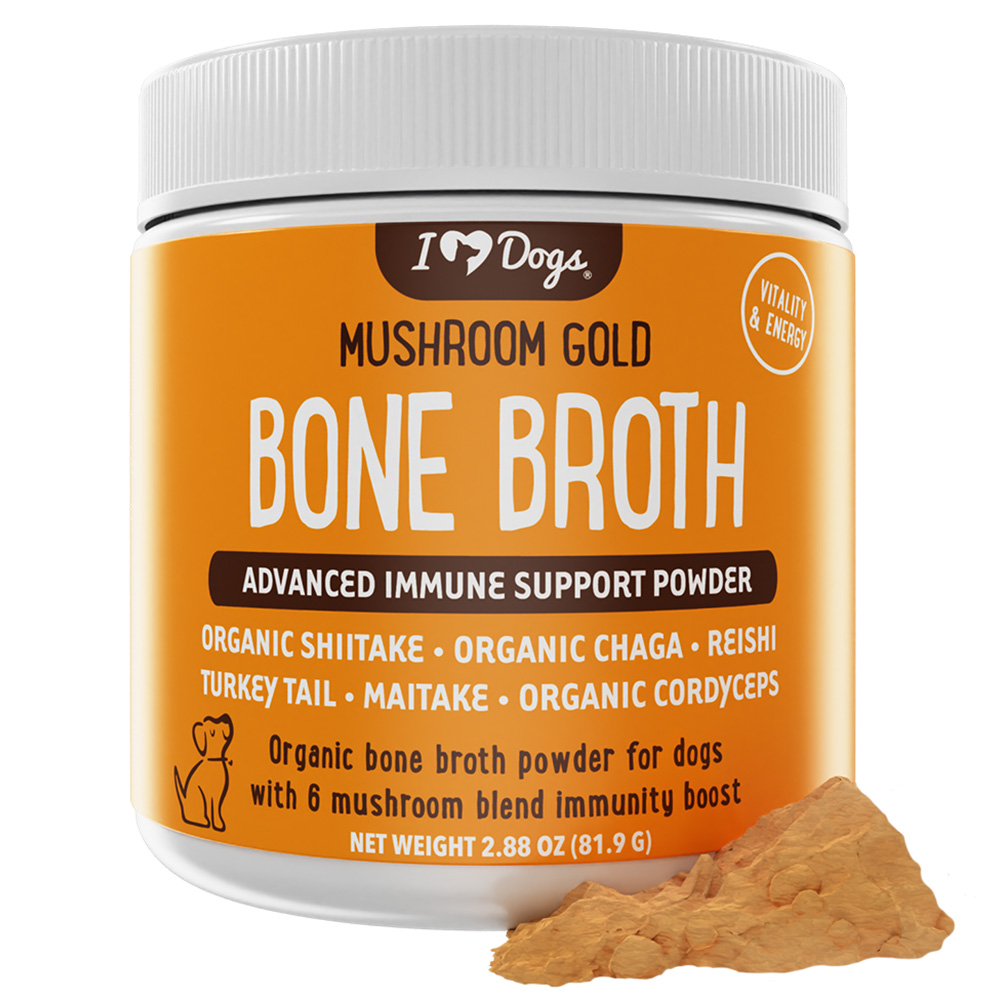
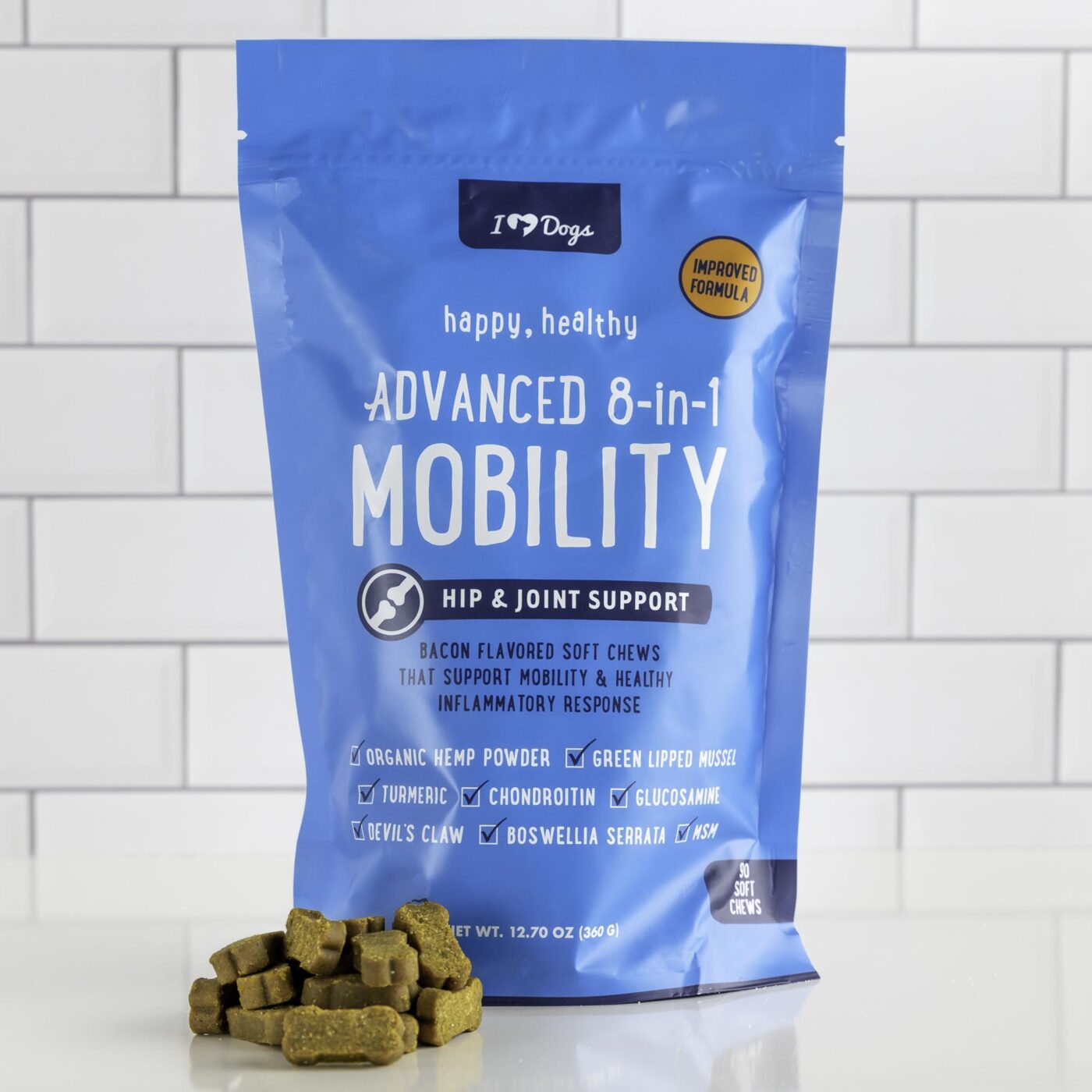

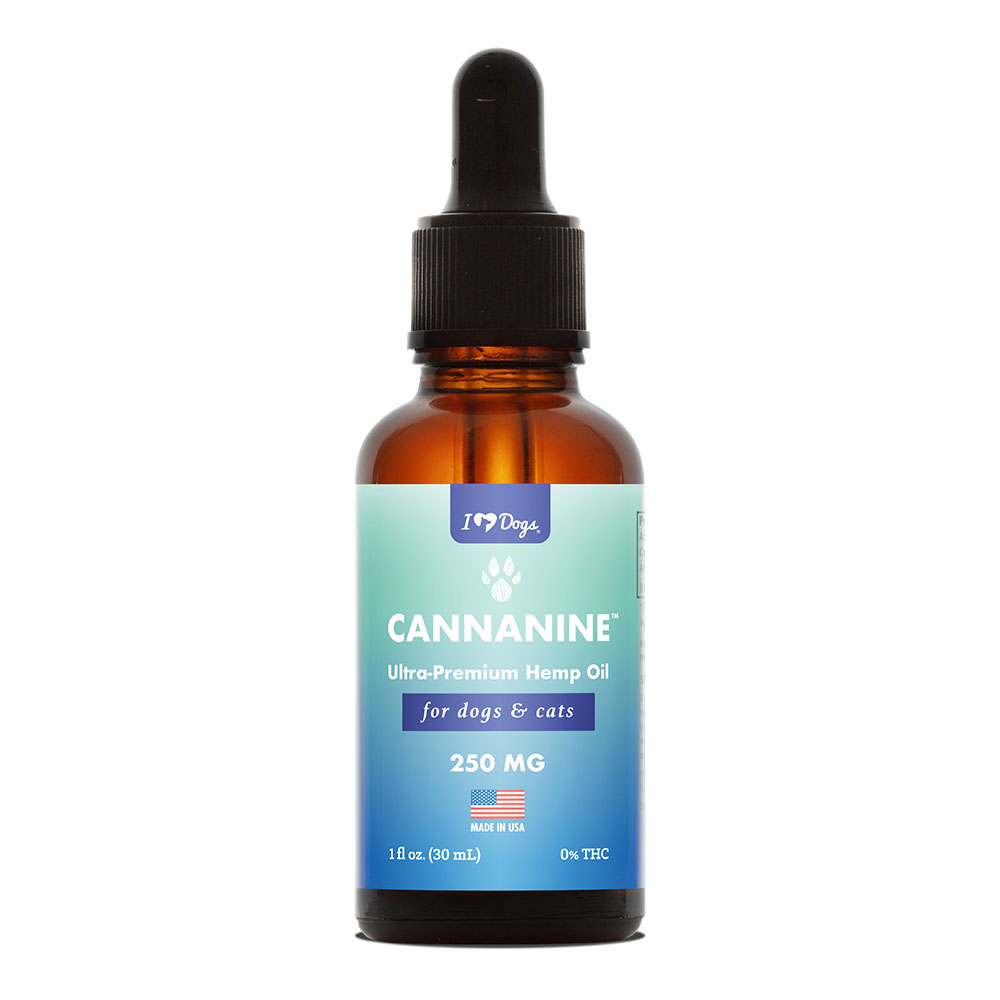
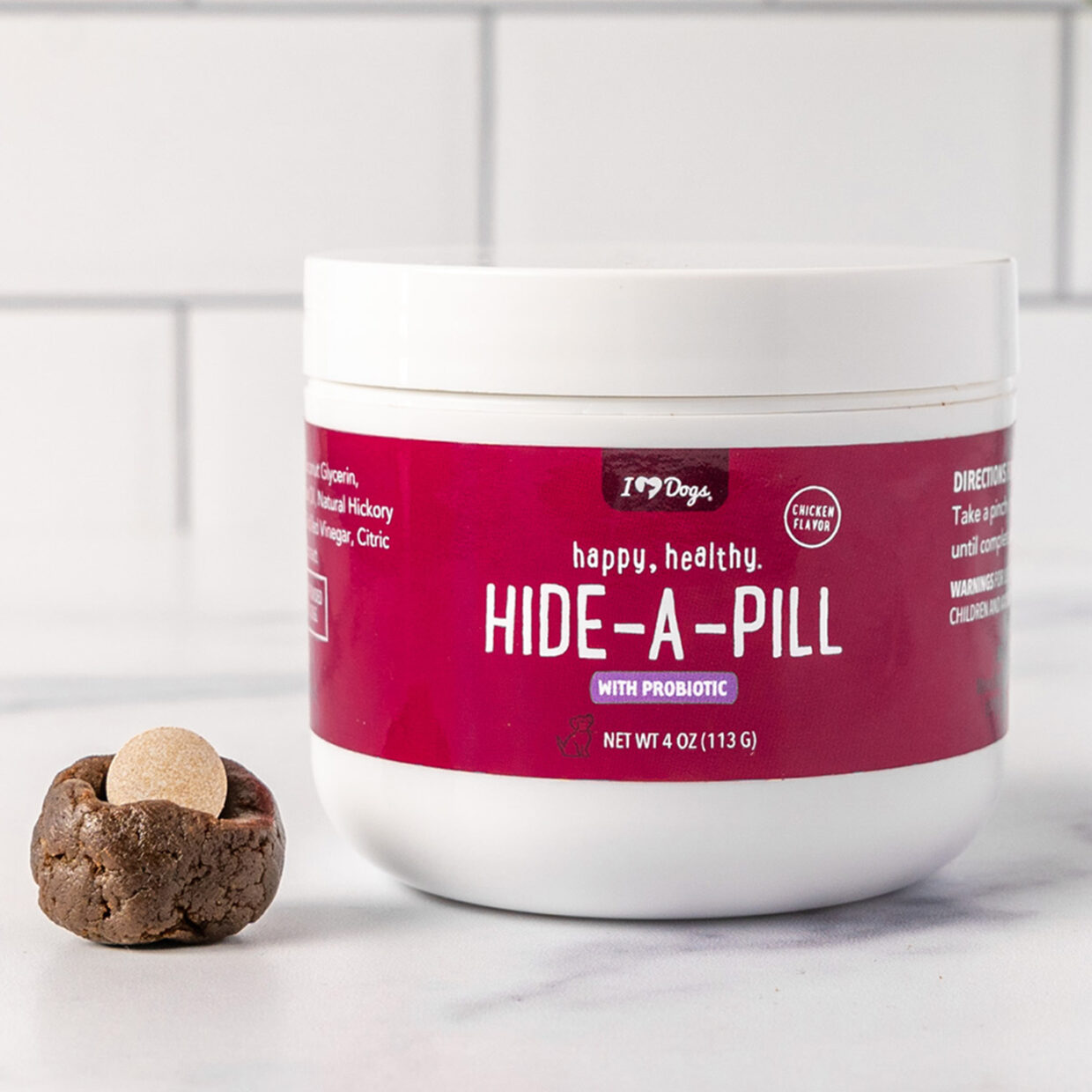
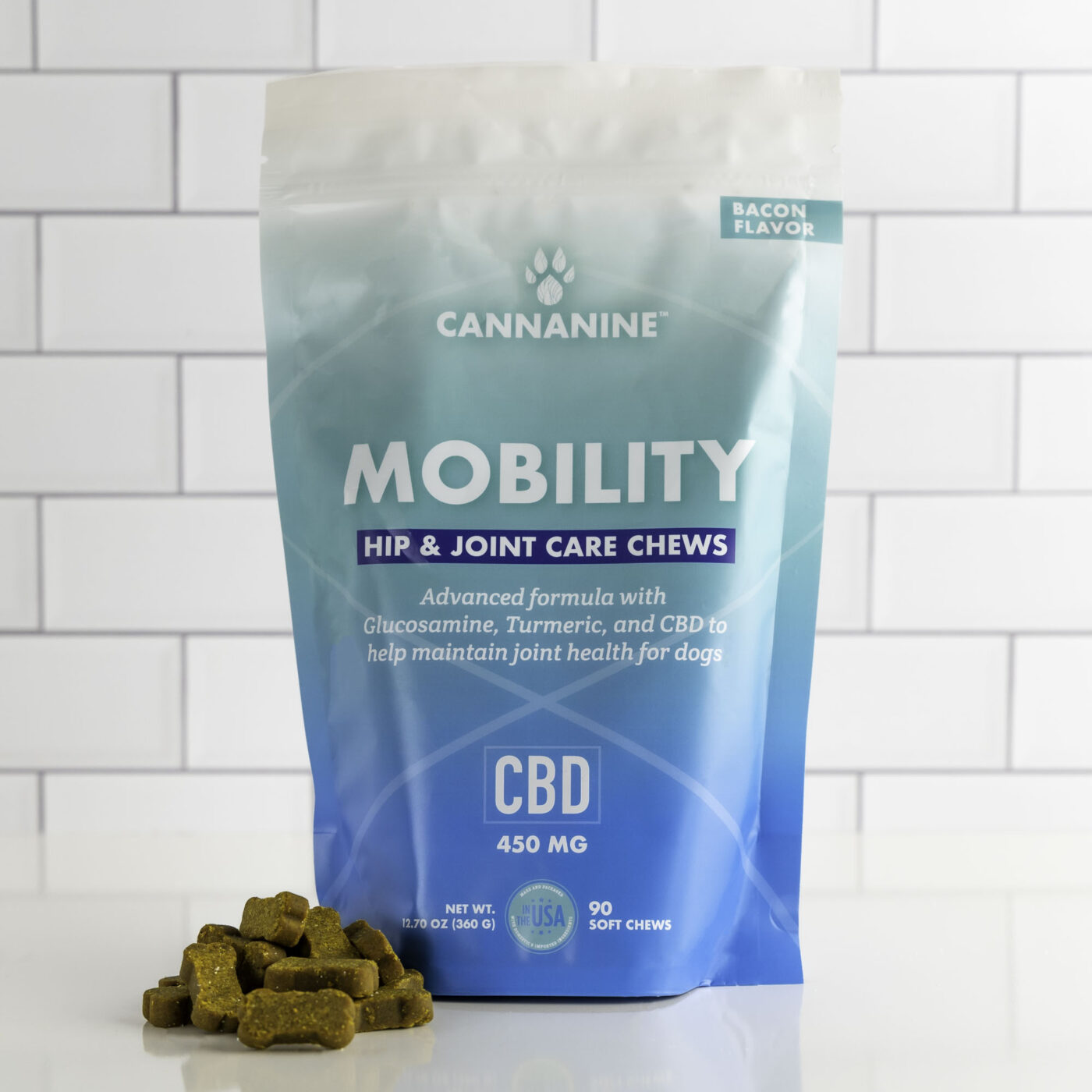
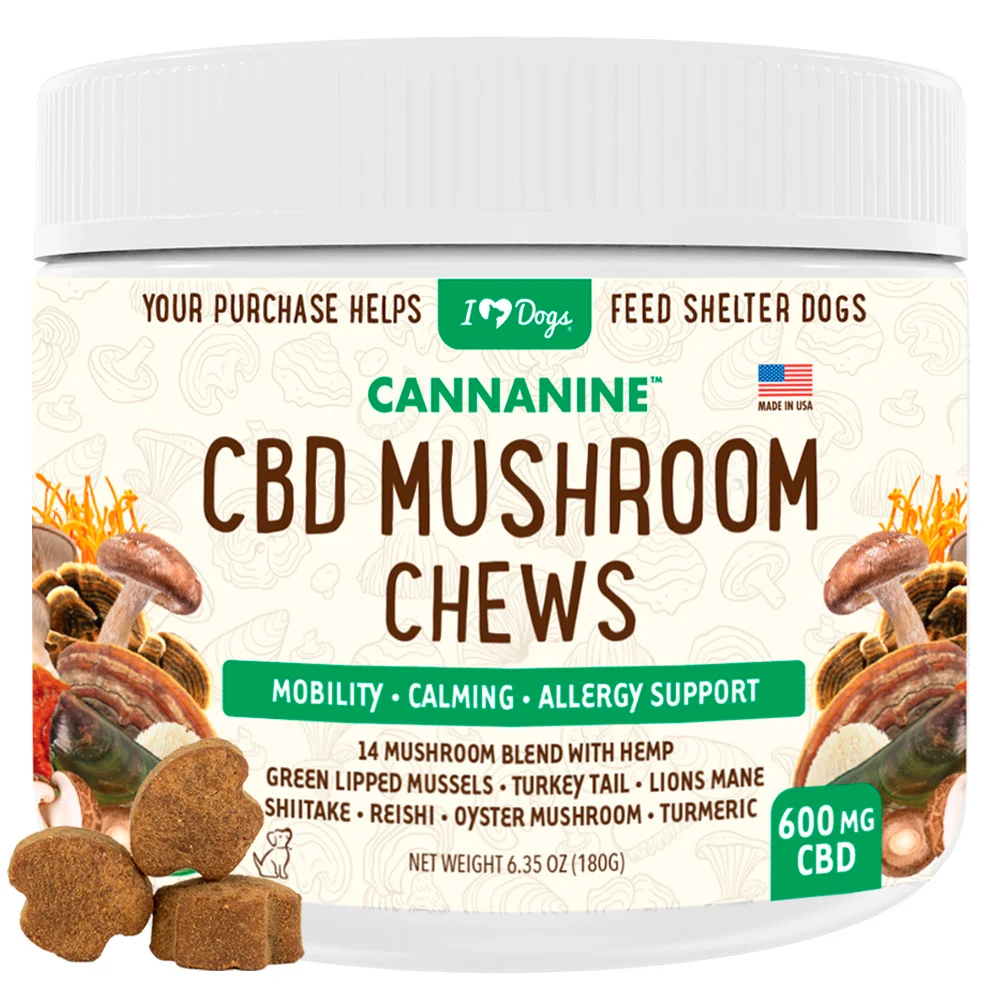


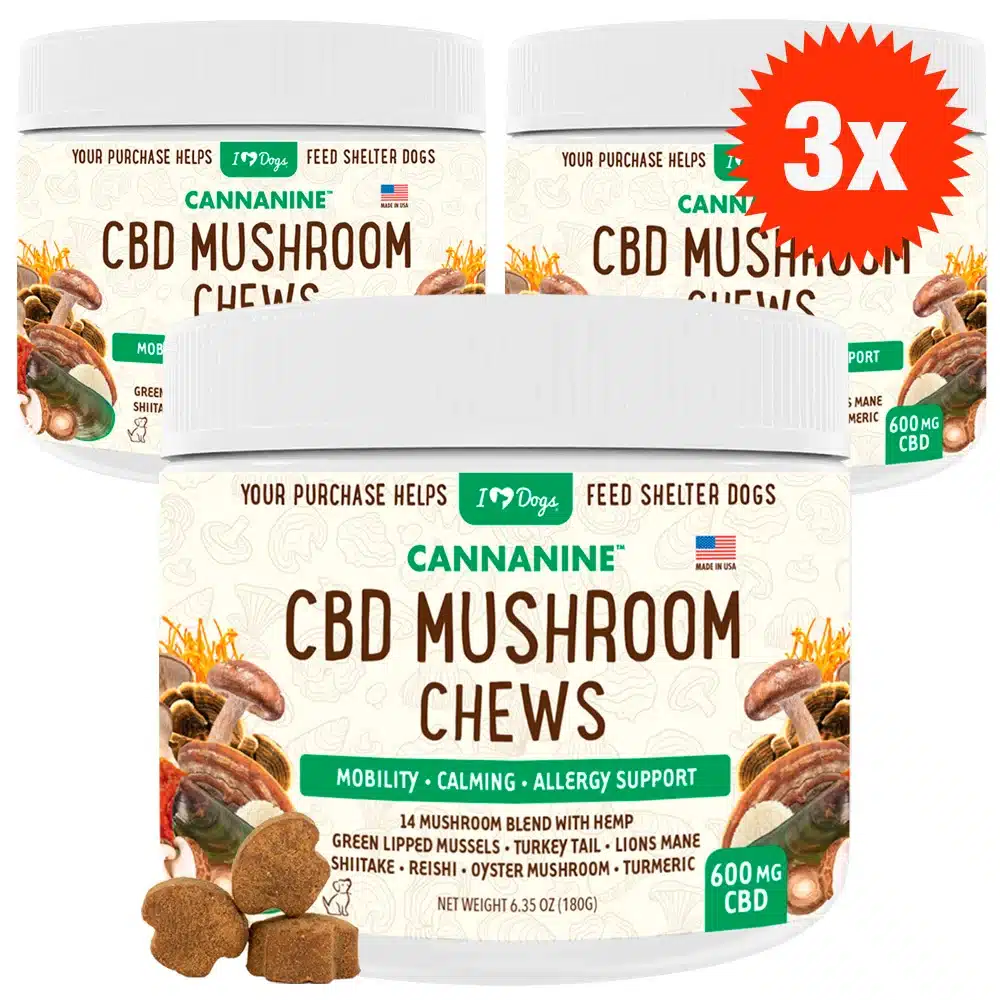

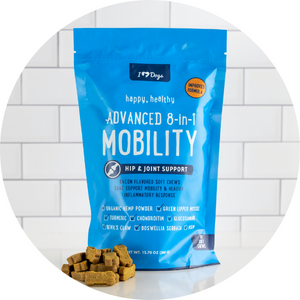
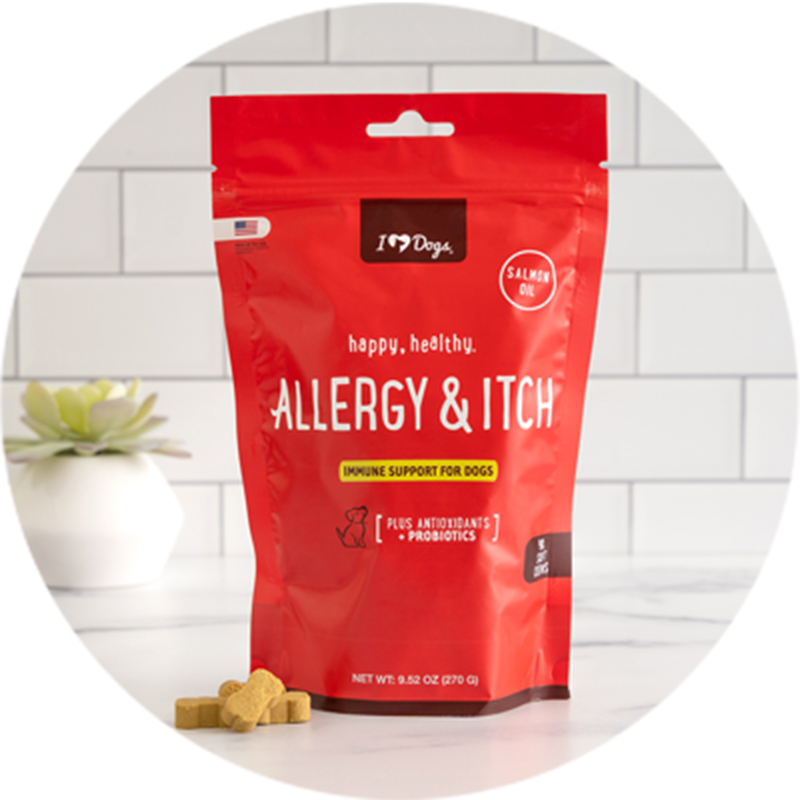
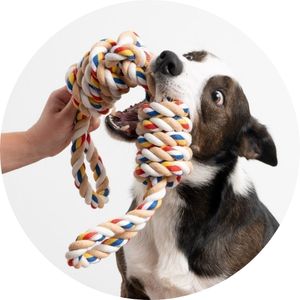

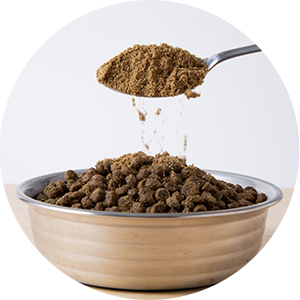
 Toledo, United States.
Toledo, United States.